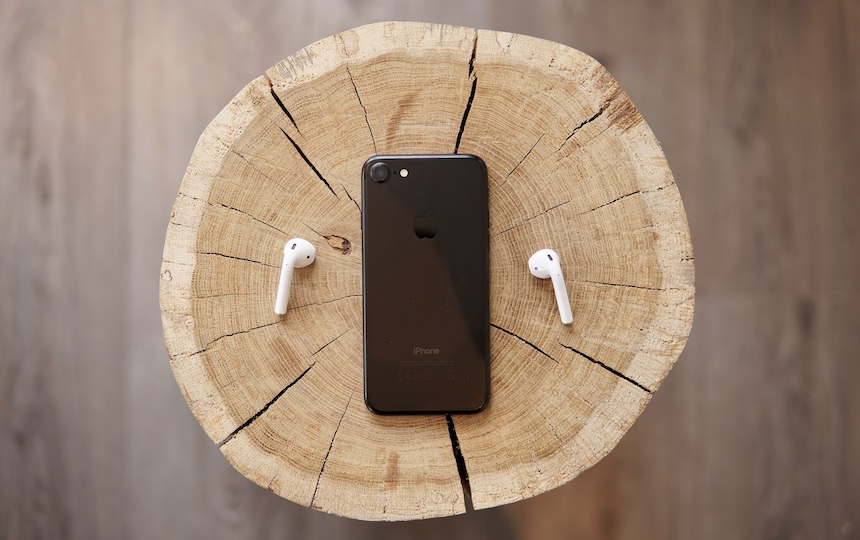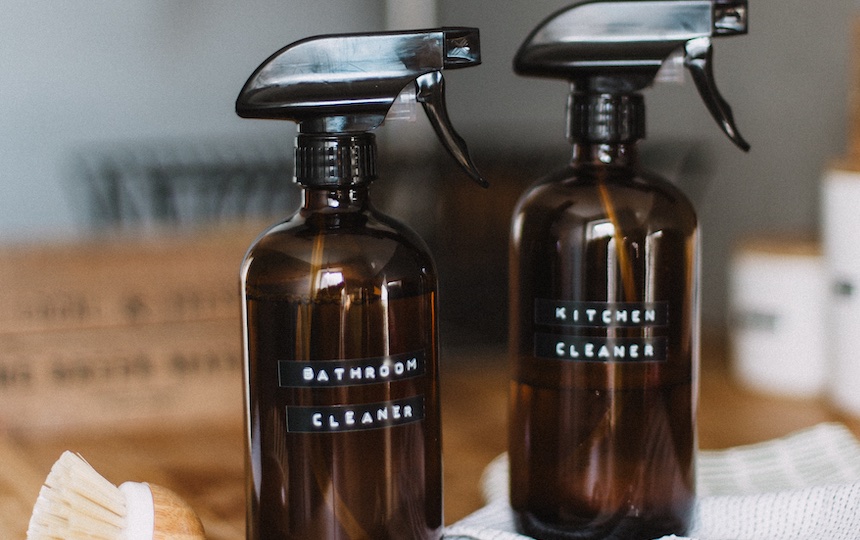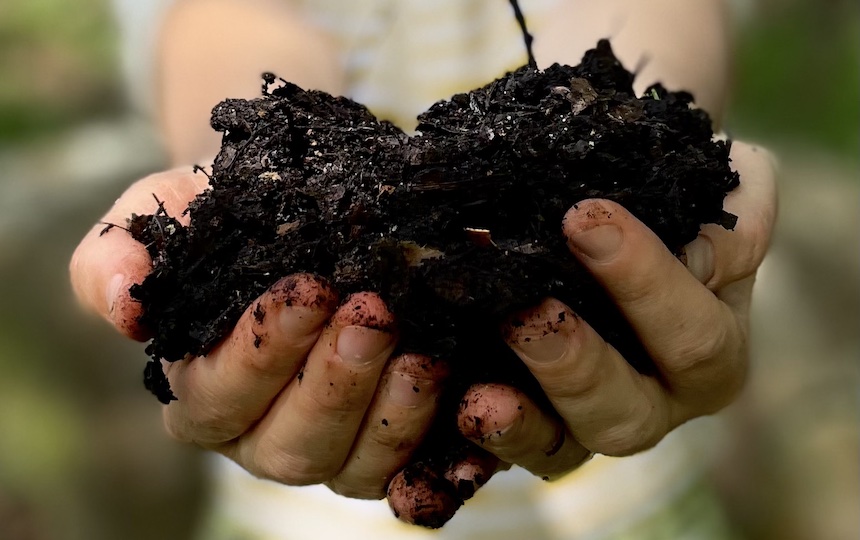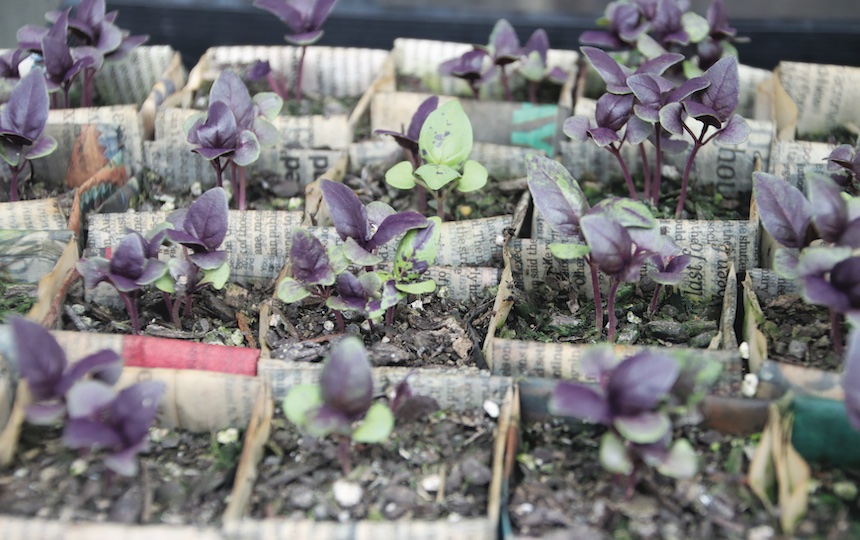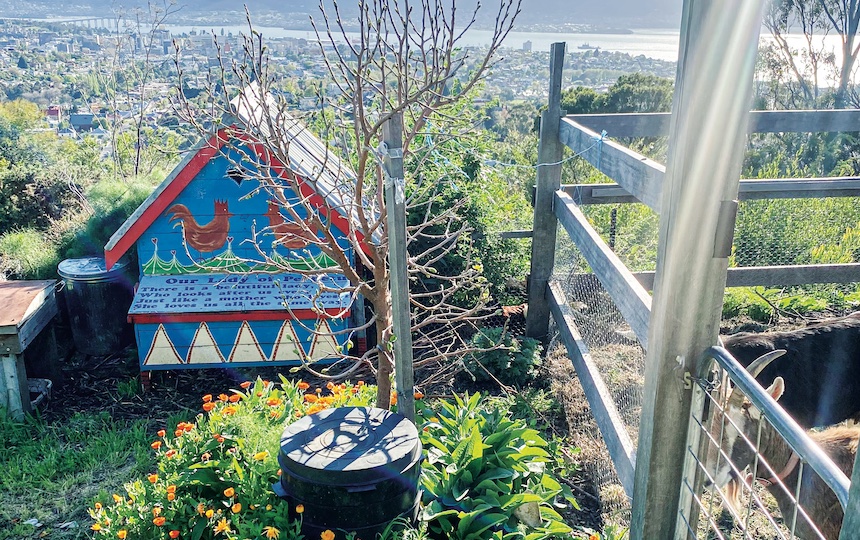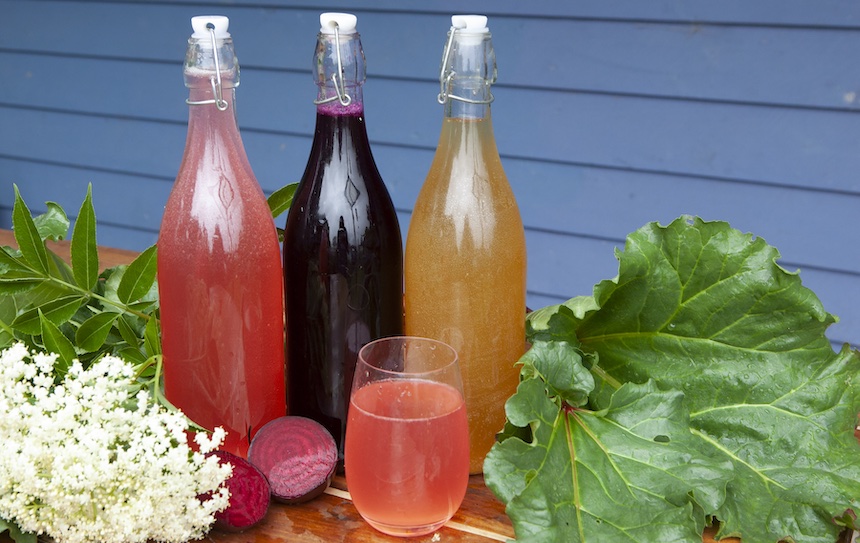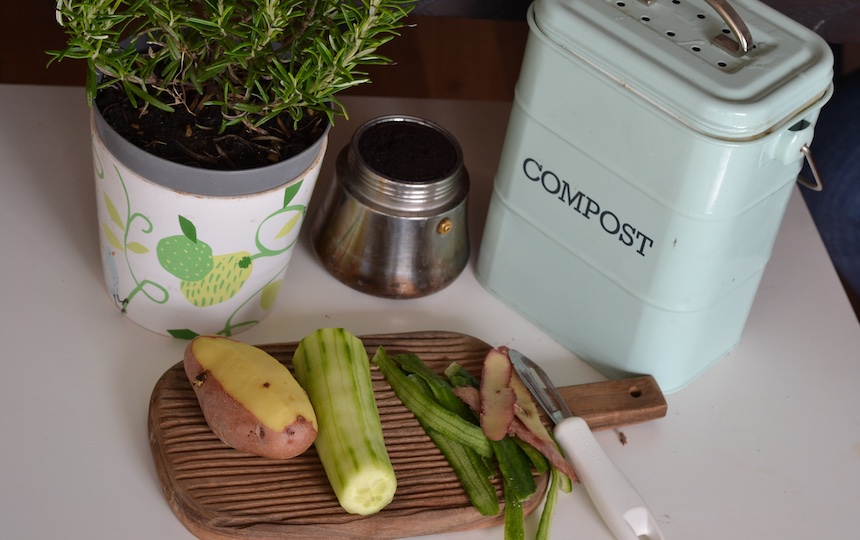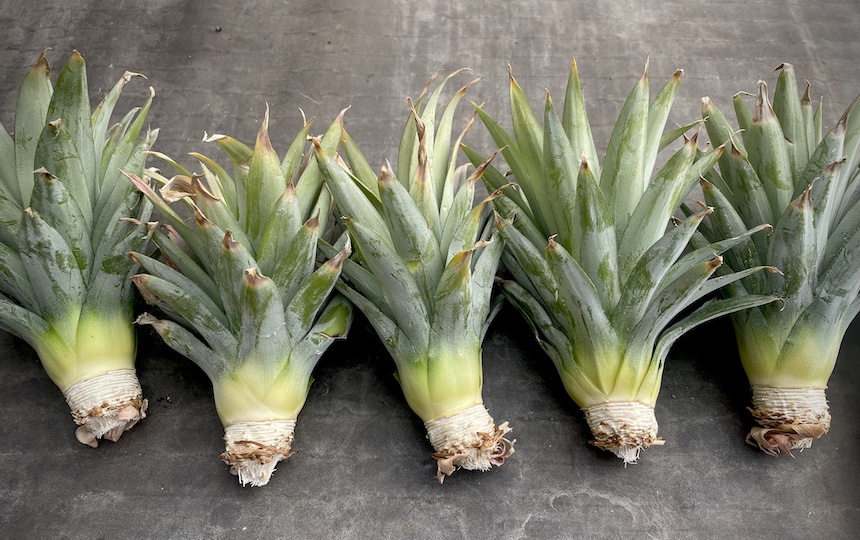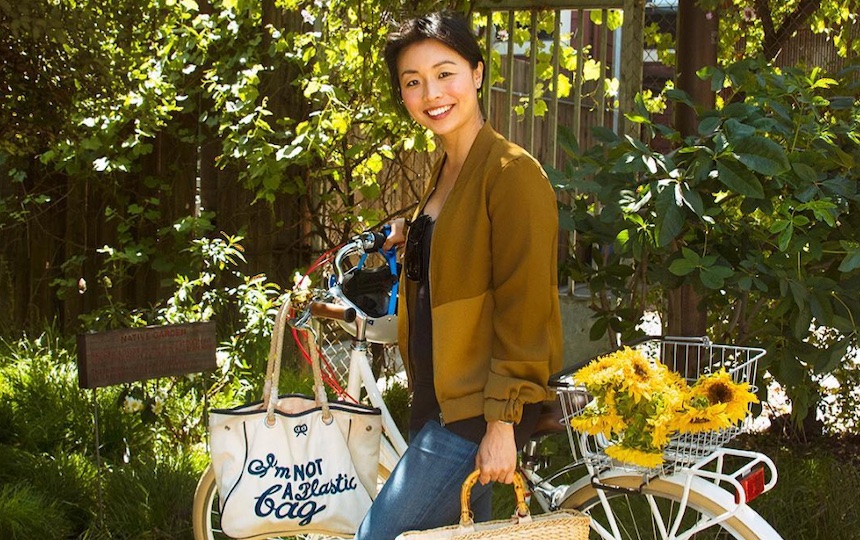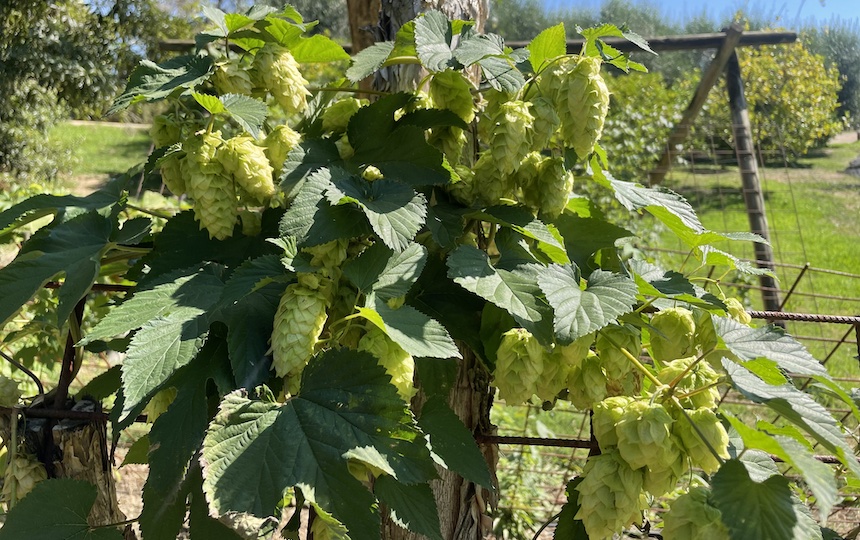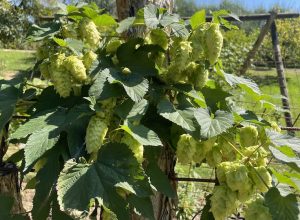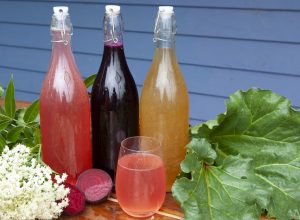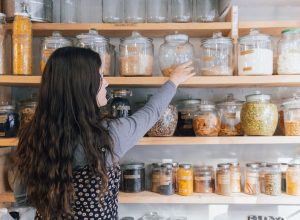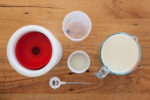We wrap up Pip’s top 10 most-read articles for 2022.
The list of our most-read articles in 2022 suggest Pip readers are zero waste enthusiasts (5 Super Easy Sustainably Tips At Home), who like making their own homemade cleaning products (Homemade Cleaning Products: Only 3 Ingredients Needed), are avid composting fans (Composting Seeds, Pips, Stones… & Other Tricky Things!) and love tuning into sustainability focussed podcasts (Pip’s Podcast Guide: 15 Sustainability Podcasts We Love). But we knew all that already.
They also don’t mind a cheeky beverage or two given our articles Fermented Low-Alcohol Drinks Recipes and 5 Reasons To Plant Hops At Home were also in the top 10!
Here we wrap up Pip’s most popular stories for 2022; the holiday break should give you plenty of time to catch up on any you may have missed throughout the year.
1. Pip’s Podcast Guide: 15 Sustainability Podcasts We Love
Hands up if you hear the phrase, “I was listening to this really interesting podcast…” on the regular? That’s because in recent years podcasts have become huge!
From big media brands with in-depth interviews and polished documentary-style pieces to one-man/woman shows run out of a wardrobe (small, enclosed spaces are great for sound quality), anyone can start their own podcast if they’ve got an interesting topic to explore.
We share 15 of our favourite podcasts from others in the sustainable living/zero waste/climate action space.
2. Homemade Cleaning Products: Only 3 Ingredients Needed
The products you choose to clean your home with says a lot about where you are on your sustainable living journey.
Do you have dozens and dozens of different surface sprays, disinfectants, dishwashing liquid, glass cleaner, wood polish and bleach jammed under your kitchen sink and in your laundry cupboards? Do you use plastic sponges, scourers and scrubbers?
Eliminating harsh cleaning chemicals from your home will be better for the planet as well as your health. We reveal the three ingredients you’ll need to make your own homemade cleaning products.
3. Composting Seeds, Pips, Stones… & Other Tricky Things!
If you’re an avid composter it’s extremely satisfying learning a new composting process that allows you to easily handle trickier scraps.
Composting seeds, pips, stones, citrus, garlic and onion doesn’t need to be a hassle. Composting queen, Kate Flood (aka Compostable Kate) shows you how to transform these somewhat challenging scraps into garden gold.
4. Making Newspaper Seedling Pots
There are so many advantages to using paper seedling pots. In terms of the environment, you’re reusing a waste product that would otherwise be destined for the recycle bin or compost heap and you’re using it as an alternative that would otherwise be plastic.
Of course, the other advantage is you’re removing any risk of root damage or transplant shock to your lovingly raised seedlings because the paper pot itself can be planted straight into the ground.
In this video we show you how to make these simple newspaper seedling pots.
5. Designing a Fruit Tree Guild
Create a thriving and productive mini ecosystem that supports your fruit trees by designing a fruit tree guild – a permaculture technique in which a group of plants are chosen to complement and support a central plant.
Guilds are a great way to make the most of under-utilised space in the garden and to obtain a diverse yield. Whether your garden is small or your property vast and rambling, the space under and around your fruit trees is valuable real estate.
6. Fermented Low-Alcohol Drinks Recipes
Homemade fermented low-alcohol drinks are a delicious and popular alternative to alcoholic beverages.
Interested in swapping out your regular glass of wine for healthier alternatives? These fermented low-alcohol drinks recipes will do the trick!
7. 5 Super Easy Sustainably Tips At Home
When it comes to living sustainably, it’s easy to feel overwhelmed. Being expected to bike everywhere instead of driving, installing solar panels on our homes and limiting flying are three big changes to help limit your carbon emissions which may not be possible for you right now.
But making small, everyday changes around your home can make a big difference to yours and your family’s carbon footprint. So we bring you five key actions at home you can take today to immediately live lighter on the planet.
8. Growing Pineapples From Tops
After chopping the top off a fresh pineapple, have you ever found yourself hovering over the compost bucket with its green spiky foliage in hand, wondering if you could ever grow your own pineapple plant? The answer is yes. And if you have a lot of patience and enjoy a bit of a challenge, then here’s how to go about it.
9. Pip Profile: Anita Vandyke
Qualified rocket scientist, medical doctor, author of ‘A Zero Waste Life: In thirty days’ (Random House Australia, 2018) and ‘A Zero Waste Family: In thirty days’’(Penguin Books, 2020) zero waste crusader Anita Vandyke doesn’t do anything in half measures!
So at 26 years of age, when Anita recognised the damage her “maximalist” lifestyle was doing to the planet, she didn’t simply swap out plastic bags for cotton totes, or single-use items for reusable ones, she embarked upon zero waste living and minimalism with gusto.
In this Pip Profile (part of our Profiles Series), Anita shares with us her journey to zero waste living and offers some quick, easy waste free tips.
10. 5 Reasons To Plant Hops At Home
Much more than an essential component of beer, hops (Humulus lupulus) is a pretty perennial plant with many uses. Hops are actually a bine, and not a vine, as they don’t have tendrils to wrap around structures to pull themselves up.
They wrap their stem around things instead and, interestingly, depending on their variety, they’ll wrap themselves either clockwise or anti-clockwise around a pole or frame, twisting like a bean stalk to climb.
Think only craft beer enthusiasts have a reason to plant hops at home? Think again!


